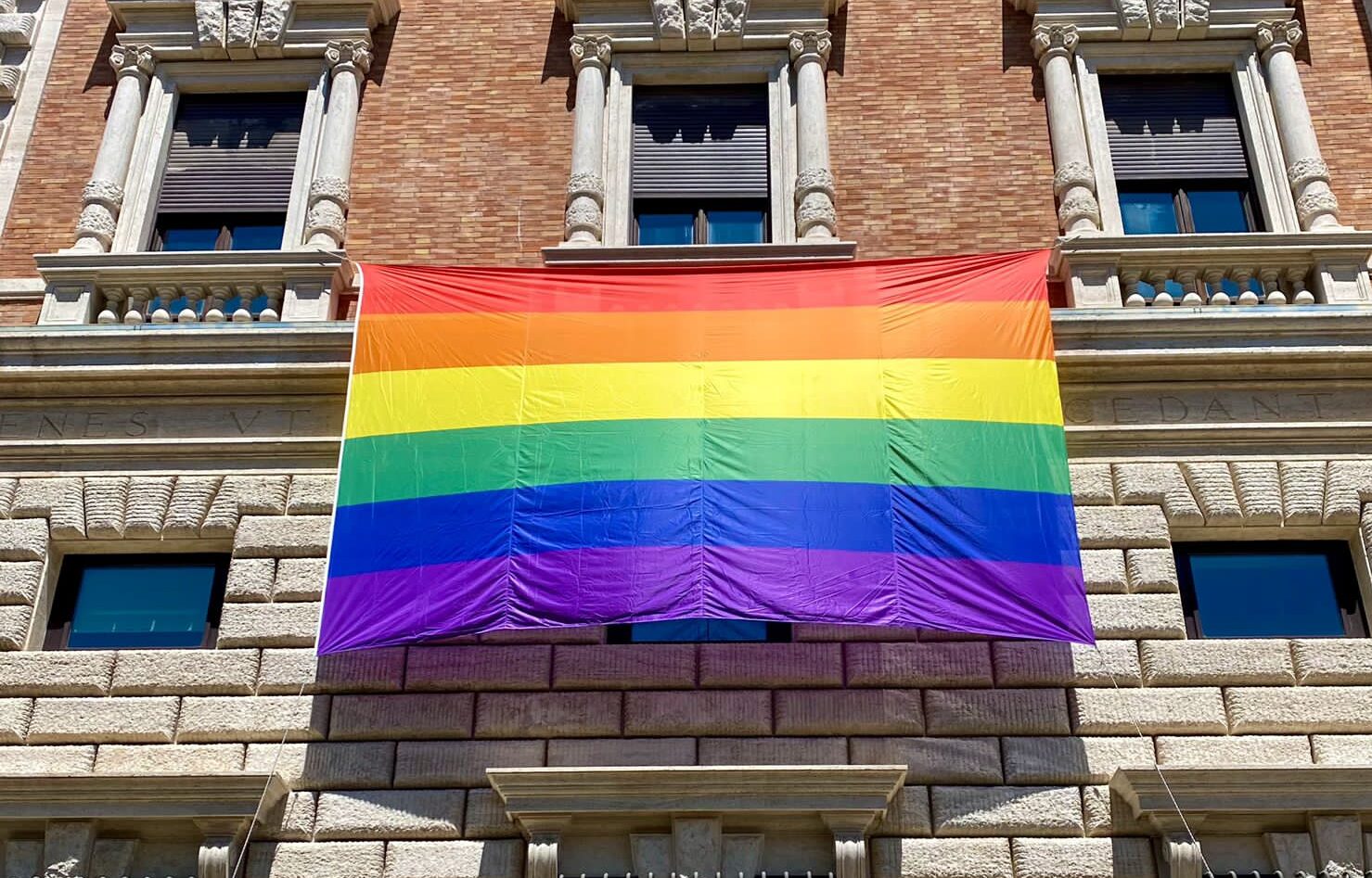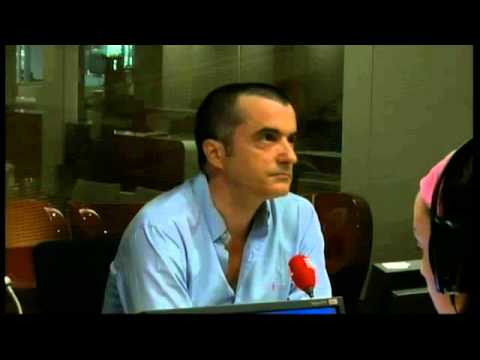We are loved by God who has created us out of love and from love. This simple and forceful announcement can change lives, give them more meaning and free them from the burden of homophobia and prejudice.
We are created by love. Our existence, our body and the fibers of our identity and affectivity are created by God’s loving and free design. This creaturely experience is a fundamental element that surrounds the experience of all Christians and defines the horizon of the committed following of Jesus of Nazareth. Our friend from Galilee gave himself passionately to this proclamation and we, his disciples, are called to be witnesses of that experience of love, to help discover it and contemplate it in the lives of all beings.
Homophobia is a real and blatant sin against creation. Let us not tire of highlighting the painful history of many young LGBTQ persons who face precarious mental health challenges, live in depression or with serious anxiety disorders, engage in self-harm or even suicide. This happens when they survive in the midst of school and family environments that promote rejection or an unhealthy integration of affectivity and sexuality (sometimes in the name of faith) and when many, as adults, continue to be rejected in professional, ecclesial or cultural environments.
However, the proclamation of the Gospel does not allow us to close our eyes to the wounded dignity and outraged life of so many human beings.
I share four ideas that can help us in the mission of listening, welcoming, respecting and integrating the LGBTQ community in the church.
First, it is necessary to grow in the awareness that we are all loved by a God who has created us in the way that seemed best to him (cf. Jer 18:4).
“Homophobia is a real and blatant sin against creation.”
It is the uniqueness of the creative act that invites us, like St. Ignatius of Loyola in his vision at Spain’s Cardoner River, “to see all things new,” to welcome them as a true gift from God. It helps us here to recognize that the creative act is not something that is preached from the past: God continues to feed and give meaning to his creation. He continues to work in history at the scene of salvation and redemption, lovingly giving himself in everything.
And yes, this includes all aspects of our sexuality and affectivity, because they are a present, a gift, a sign of his creative love. And yes, this includes our LGBTQ brothers and sisters.
Second, it is important to recognize that when we talk about LGBTQ people, we do not do so in an abstract and impersonal sense. LGBTQ people are not outside the church in the sense that they are a totally different “other” who threaten to disrupt everyday life and the “order” of things. Sexually diverse people are already part of the Catholic Church: they are present in seminaries, religious orders and communities, lay movements, parish groups and educational institutions.
They are sacred ministers, students, teachers, parents and committed laity. Yes, they are present, although it is easier to force them into silence and guilt. Jesus encourages us not to lose heart because the church is everyone’s house. There is no longer “Jew or Greek,” because we are all one in Christ (cf. Eph 2:11-22).
Third, there is the challenge for LGBTQ people to be visible. To this end, it is necessary to overcome the logic of “Don’t ask, Don’t tell” that is at the base of ambiguous, abusive and blame-inducing practices. LGBTQ Catholics need the freedom to live freely and authentically and to share their own faith experience without fear of being rejected, violated or fired from their jobs.
For them we need to reform, convert and create “safe spaces” and inclusive communities that lead us to appreciate the gifts and charisms of all. At the institutional level, a clear prohibition is needed of “reparative therapies” that are sometimes promoted even in the name of the church and that constitute, as Pope Francis has suggested, true spaces for spiritual and psychological abuse.
It is extremely important to include a gender and inclusion perspective in church policies for the prevention of abuse of minors and vulnerable adults. The history of LGBTQ+ people is sacred.
“Sexually diverse people are already part of the Catholic Church: they are present in seminaries, religious orders and communities, lay movements, parish groups and educational institutions.”
Finally, welcoming and effectively integrating sexually diverse people into the church implies long-term communal and spiritual accompaniment from an inclusive perspective. This should be included in the pastoral plans of the dioceses and of our communities. We know of the enormous level of physical violence suffered by sexually diverse people: it is not necessary to investigate in depth to recognize that prejudice continues to put the life and physical integrity of the LGBTQ+ community at risk.
But there is something else: One of life’s great challenges is the long road to self-acceptance and emotional integration. We can imagine what guilt, self-rejection, internalized homophobia and physical or psychological violence can generate in LGBTQ children, youth and adults. Our service as disciples of Jesus translates not only into dedicated work for the protection of integrity and LGBTQ rights, but also in ensuring spaces and strategies of spiritual accompaniment in the horizon of acceptance and integration of sexualities.
We live a kairos, a time of the Spirit, which encourages us to see the novelty inscribed in the immense gift of our existence and that of others. We are invited to walk together on paths of justice, freedom and inclusion to live not as slaves but in the freedom of Christ (cf. Gal 5:1).
This English translation was reviewed by J.D. Long-García. The original Spanish-language version is available here.




